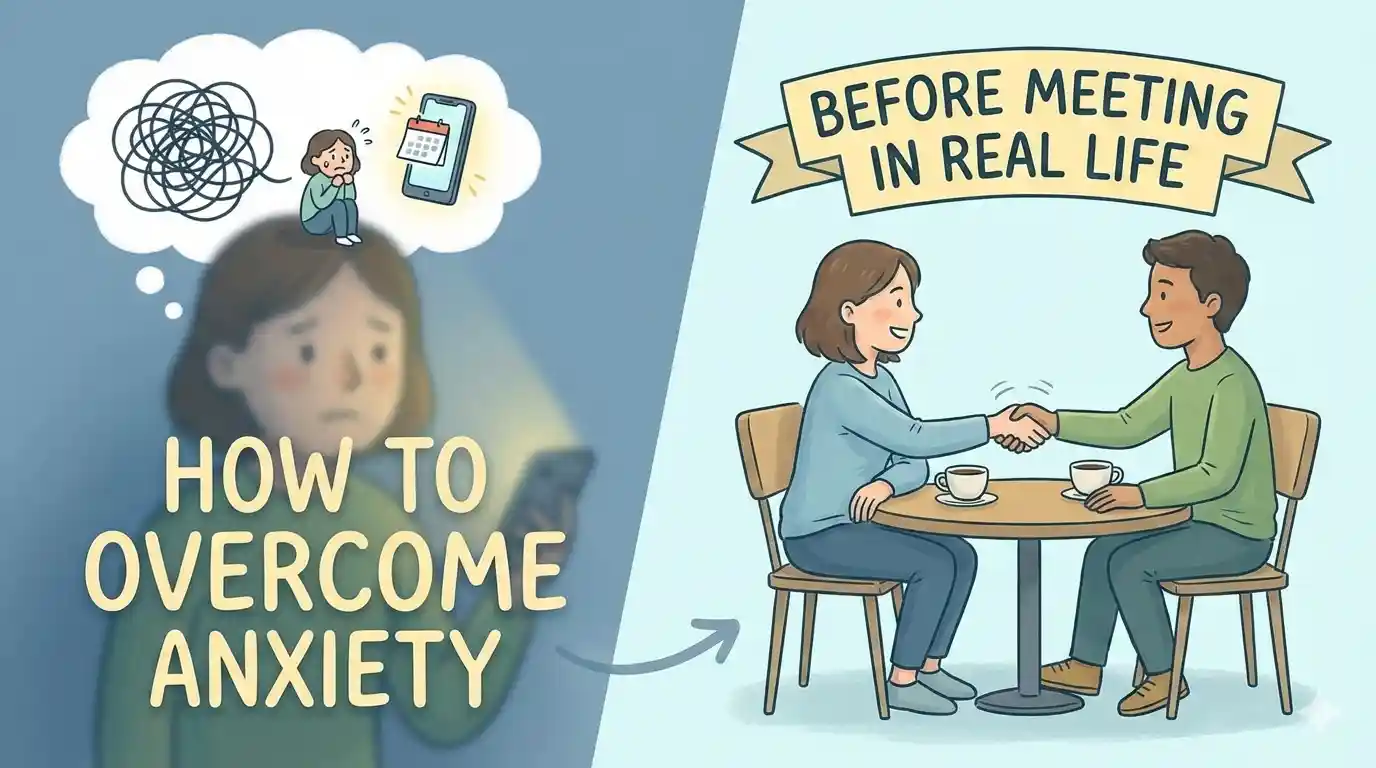Understanding the Importance of Strategic Decisions in Gaming
Gaming isn’t just about quick reflexes or flashy moves; at its core, winning comes down to your ability to make solid decisions under pressure. Whether it’s figuring out how to outsmart your opponent, manage your resources, or plan your next move, your decision-making skills often determine the difference between victory and defeat. For gamers, honing these skills is essential not only for improving gameplay but also for enjoying a richer and more immersive experience.
Think about this. Every successful player you’ve seen or heard about has spent countless hours refining their choices. They didn’t get there by accident. From calculating risks to anticipating outcomes, every step requires a logical, strategic mindset. But how do you get there too? Effective learning and mastery come from adopting practical methods tailored to transform your approach. The good news? Building better decision-making in games doesn’t have to be complicated.
Recognizing Patterns and Adapting Quickly
The key to dominating any game often lies in your ability to recognize patterns. Games, whether strategic, action-packed, or role-playing, are often built on specific systems or algorithms. Once you identify these patterns, you gain a significant edge in predicting what comes next. For example, in strategy games, AI systems often use repeatable processes to counteract your moves. By observing these trends, you can determine when and where to pivot your strategy. Adaptability turns you into a player who is impossible to predict.
But adaptation doesn’t come naturally to everyone. It takes practice. Analyze gameplay recording sessions to identify moments where decisions went awry. This self-awareness is foundational in helping you react differently in the future. Another powerful method is observing high-level players. By studying their choices in high-pressure situations, you can emulate their decision models. Research-backed data continues to back this up, as adapting faster than your opponent significantly skews results in your favor. The road to success begins with understanding repetition and bending it to your will.
Why Choosing the Right Gaming Platforms Makes All the Difference
Every experienced gamer knows that not all platforms or gaming environments are created equal. Some lend themselves better to learning and growing, while others come with limitations that hinder your performance. This is especially true when exploring platforms like gambling or competitive online arenas, where stakes can be high, and every small mistake is magnified.
For instance, when considering gaming practices relevant to decision-making and self-regulation, strategies often overlap significantly. Taking a closer look at trusted platforms can provide you with discipline while engaging. Visit casino sites that aren’t registered with GamStop 2025, for instance, to explore environments that focus on effective resource management without strict barriers that might impede learning. Reliable platforms like these exemplify how choosing where to play affects your ability to implement and improve strategies.
Finding the right gaming setup enhances focus and builds the discipline essential for success. Whether you’re working to master skill-based techniques or performing under timed competitions, the environment you choose can amplify all the lessons that gaming teaches about better judgment and critical thinking skills over time.
The Psychology Behind Great Decision-Making
At the heart of every game lies psychological tactics that challenge how you think, react, and choose under pressure. Why do some players manage these intense moments beautifully while others falter? It often comes down to how well they manage stress levels and emotional impulses during critical junctures.
One effective way to boost your decision-making is to think several steps ahead. Visualizing possible outcomes based on your current options narrows down your choices significantly, allowing you to go with the most favorable plan. Additionally, controlling emotions such as frustration or overconfidence keeps you balanced in emotionally charged situations, like last-minute races or closing moments of strategy-based tournament play. Our minds tend to amplify either fear of failure or exaggerated confidence during pressure, making steady rationality your most valuable ally.
Improving these psychological aspects might be easier than you’d think. Practicing mindfulness techniques or using tactical pauses mid-game to assess the situation recalibrates your thought process efficiently. Over time, these small adjustments have a snowball effect, dramatically improving your ability to stay sharp under pressure.
Strengthening Your Game IQ
Your “game IQ” is much like your academic IQ; it reflects how well you understand the intricacies and nuances of gaming. Improving it isn’t a one-time leap but rather an ongoing process that grows alongside your dedication to skill-building. Becoming knowledgeable about architecture-level decisions in gameplay structure, including mechanics, maps, and systems, automatically elevates your effectiveness.
One way to boost it is by looking into game-specific guides or tutorials that break down what optimal decision-making looks like for different formats. If the game is competitive, checking out forums or online communities can bring new insights into how skilled gamers maximize their actions within limited time constraints. Reviewing matches and analyzing spots where decisions directly changed the course of the gameplay sharpens one’s ability to anticipate problems even before they arise.
Beyond this, balancing theory-learning with practical hands-on matches builds an even more effective foundation. Implementing theory during real-time gameplay helps cement knowledge into reflexive application, making decision-making processes faster and more instinctual. After all, the goal isn’t only to play better but to think at an elevated skill level too.
Practical Exercises for Sharpening Focus
Improvement isn’t just about playing more; it’s about playing smarter. Setting up specific exercises during both casual and serious gameplay can help train your brain to think faster and make stronger moves. For example, limiting your reaction time in fast-paced situations forces you to trust your instincts while maintaining focus. Similarly, diversifying the types of games you play lets you develop transferable skills. Strategy players who experiment with simulation games, for instance, gain new insights about planning long-term outcomes that enrich their regular play styles.
Multiplayer modes also provide great learning environments to test decisions in collaboration with teammates. Debriefing post-match to evaluate various team tactics shines additional light on areas where adaptable decision-making could’ve saved the day. Remember, improvement comes not just from aggressive play but also from knowing when patience or defensive play works as the smartest solution, tailored to whatever challenges lie ahead.
Improving at games isn’t just about achieving higher win rates; it’s about rising above predictable moves, staying one step ahead of your competition, and using every second more wisely than before. Start refining your skills, and watch as each match gets easier yet more rewarding.




